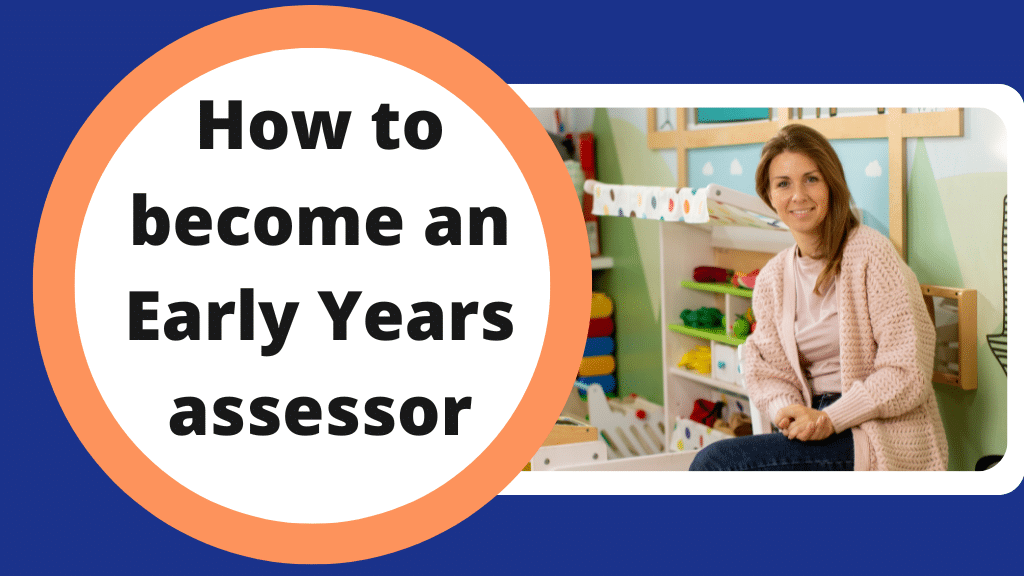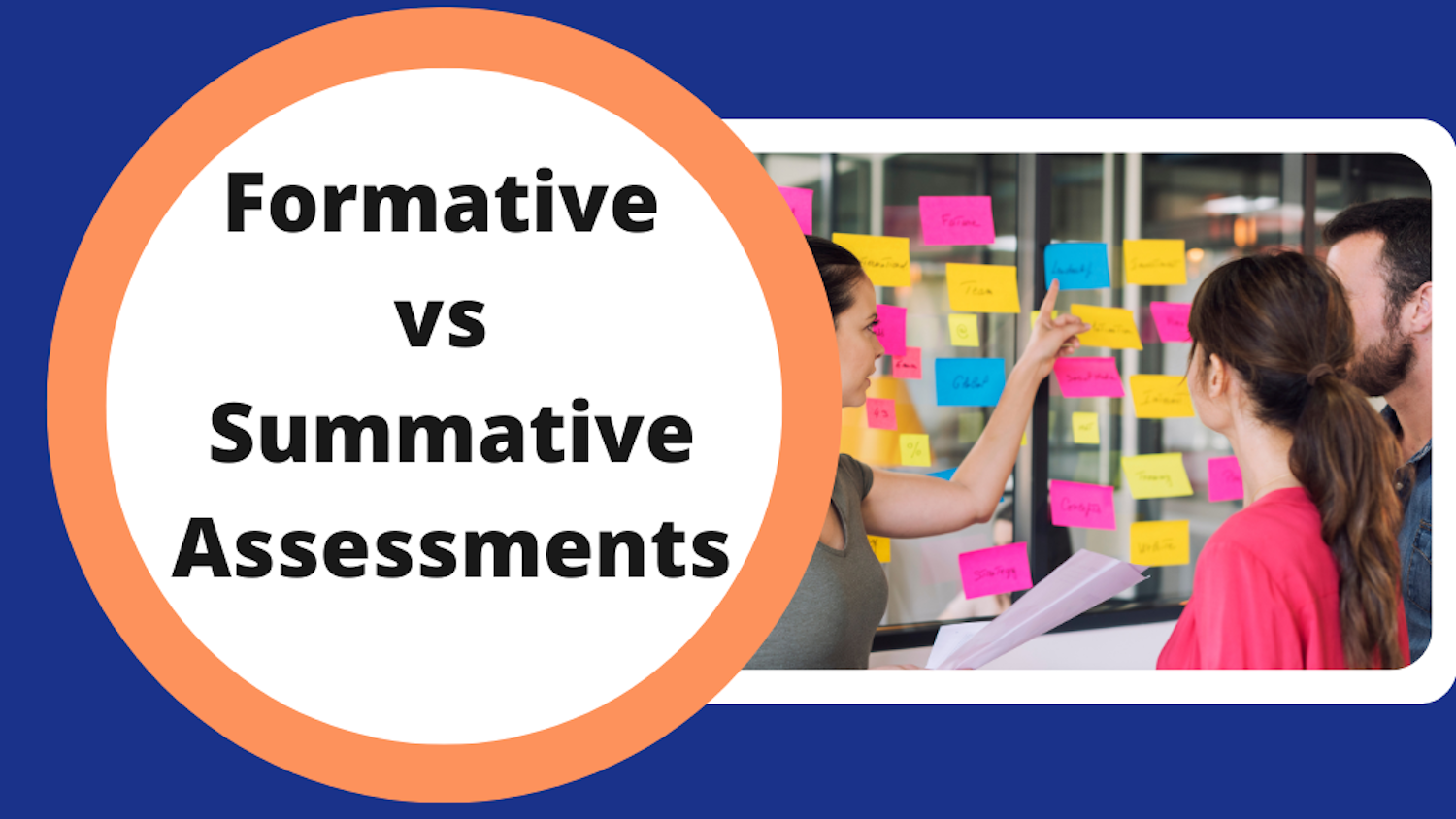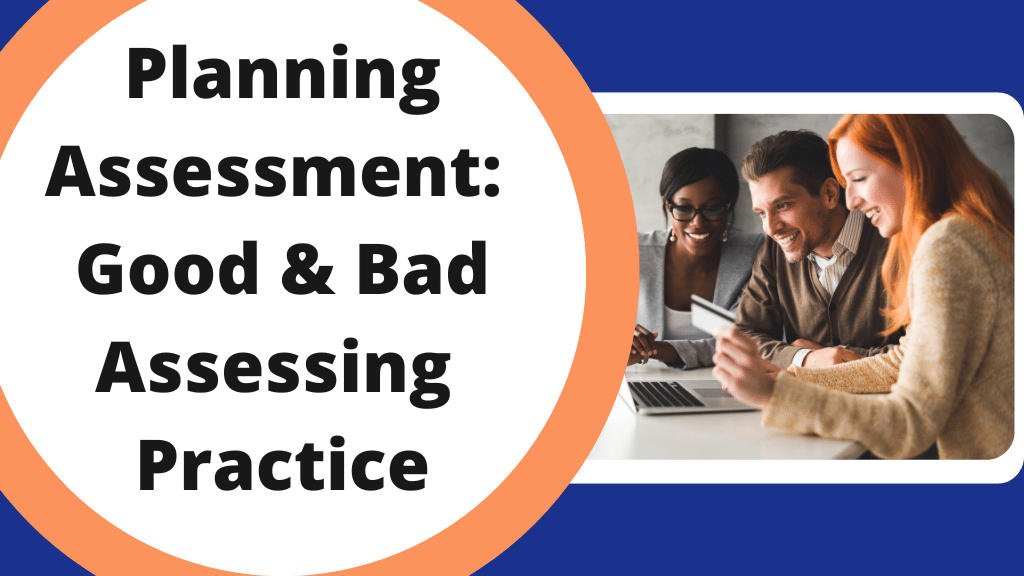April 29, 2024
How To Become An Early Years Assessor

In childcare and early years foundation stage (EYFS) in the UK, assessors are responsible for making sure everyone working in these fields is competent, knowledgeable, and able to provide professional care and education to children.
If you are interested in the development of childcare professionals, and you have a background in EYFS, becoming an early years assessor could be an ideal career move. Many early years assessors are part-time, so you don’t even have to give up your current job role to give yourself a new income stream in an exciting and incredibly rewarding position.
The Role of an Early Years Assessor
To effectively assess those in early years or childcare working towards the industry’s recognised qualifications, assessors must be occupationally competent and knowledgeable, ensuring they can provide accurate and fair results that reflect the candidates’ understanding and skills.
Assessors are expected to use a wide variety of up-to-date assessment methods, which can include observing candidates at their workplace and visiting other childcare providers. These assessment methods allow you to interact with a range of candidates and staff to see how things are done in different places.
How to Become an Early Years Assessor
To become a childcare assessor, you should take these steps to guarantee you’ll meet the requirements and excel in your new role:
1. Make Sure You’re Occupationally Competent
The first step to becoming a childcare assessor is to ensure you meet all the requirements for the role and can prove it. You’ should have valuable’ll need to have experience in the EYFS or childcare sector, which means having worked in various childcare settings and often achieving a suitable qualification in childcare or early years education.
If you’re considering becoming a qualified assessor, you’ll likely already fit the requirements to be occupationally competent. However, it’s important to have all your paperwork organised, such as copies of your qualifications and an up-to-date CV with a record of any other relevant work or training you’ve taken part in so you can prove you’re suitable for the role.
2. Gain A Recognised Assessor Qualification
It’s almost a universal requirement that assessors are qualified to assess, so more is needed than just being very knowledgeable on the subject! You’ll need to gain an assessor qualification to show that you know how to plan and carry out assessments. Luckily, there are a range of qualifications to choose from, such as:
- Level 3 Certificate in Assessing Vocational Achievement (CAVA)
- Level 3 Award in Assessing Competence in the Work Environment
- Level 3 Award in Assessing Vocationally Related Achievement.
For those wishing to be an early years assessor, you should either:
- already have one of these qualifications or an equivalent
or - be working towards one of these qualifications
Alternatively, if you’ve already achieved an assessor qualification in the past, this might still be valid, especially if it’s described as a combination of letters and numbers such as A1, D32 or D33.
3. Be An Expert On The Qualification Process
As an assessor, you’ll work for a training organisation, college or early years provider that provides courses and assesses people working towards a qualification. These candidates might be students, customers, or, in the case of an early years provider, existing staff.
As you might expect, there is a strict process in place that you must follow for this to happen effectively, so it’s essential to understand this process and your role within it.
The organisation employing you will be known as a “centre” or “approved centre”, which means they are approved by an official awarding body to offer regulated qualifications. England and Northern Ireland are regulated by Ofqual, whereas qualifcations in Wales are regulated by Qualifications Wales and in Scotland by the SQA.
The awarding body will check and monitor the centres it has approved, which often involves sending somebody to inspect and check what is going on in terms of tuition and assessment, as well as the centres’ processes, to ensure things are done correctly. Everybody, including the assessors, has a part to play in ensuring that qualifications are only issued to those who have met the requirements. Therefore, reading up on your awarding body’s standards and assessment requirements is important.
4. Continuous Professional Development
Continuous professional development (CPD) is essential to stay updated with the latest practices, regulations, and changes to qualifications in the early years sector.
Continuous professional development means you should be staying informed and updated on developments within the industry as well as with the assessments you are carrying out. This could involve taking courses to update your assessor qualifications, attending a conference in the early years’ sector, reading all the updates from your awarding organisation and keeping up to date with the latest changes in childcare legislation, making sure you understand them.
Professional Early Years Assessor Courses With Carlton Training
At Carlton Training, we are dedicated to guiding you in becoming an assessor with our professional and thorough courses like the Level 3 Certificate in Assessing Vocational Achievement (CAVA) and other course package deals. You can book your assessor course online today or contact us and speak to our knowledgeable team for more advice on the best assessor qualification for you.
Next ›‹ Previous
Back to Blog








